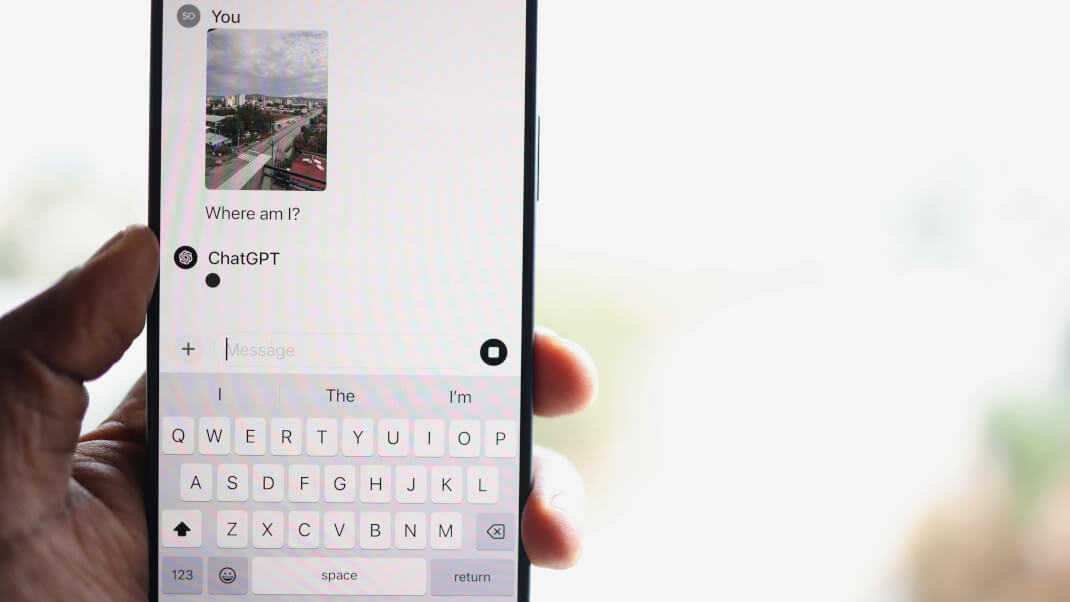
For as vast as the online world is, it’s a relatively crowded space.
NB: This is an article from ScreenPilot
In 2019, the only way for a hotel to stay competitive is to have a prominent online presence. Yet with all the digital tools at our disposal, it can sometimes be confusing which tactics best help a brand stand out.
The digital marketing landscape is constantly changing. Not only do hotel teams need to keep up with Google’s endlessly evolving SEO priorities, they have to posture against the growing presence of online travel agents (OTAs) while driving new, more traffic direct to their hotel website.
Optimize Your Site for a Mobile Experience
Though an important step we’ve stressed the importance of for years, optimizing your primary website for a mobile experience is more important than ever before.
Last year, Google fundamentally altered how they crawl websites, moving from “PC-focused” to “mobile-focused.” A slow, laggy or poorly laid out mobile website will lower your search engine page ranking and your online visibility. (Bonus read: How Mobile Speed Effects Your Rankings)
Hotel websites more than a few years old may have been designed with mobile as an afterthought, but today, the mobile experience is a primary consideration when it comes to SEO and Google’s assessment of performance.
Make it a priority for your team to finetune your website’s mobile interface. Make it a frictionless experience via large tablet and tiny phone alike. Test your site on both top-of-the-line devices and less-expensive products with more modest processing power.
And if it’s been more than a few years since you overhauled your existing website, strongly consider budgeting to build a modern, mobile-friendly, and more productive website.
Offer an App
Dedicated hotel apps are increasingly popular as we evolve into a mobile-focused user base.
Frequent guests and loyalty rewards members in particularly enjoy the convenience of the app format.
The most advanced apps may include phone-activated room locks, mobile self-check-in and access to other amenities, but even basic apps that offer reward point tracking and further personalize the guest/hotel relationship provides value and drives loyalty.
Not only does an app offer a wealth of personalized marketing opportunities, its mere existence increases digital visibility by creating an entry in the app store. Travelers browsing for travel apps will find your hotel app and, if the features and ratings are great, you may win new guests.
Populate your app with features like a room service menu, the ability to book spa appointments and tours, offer a calendar of local events, and let it be known far and wide that the best discounts and elite offers are afforded to those who use your app.
Build Landing Pages for Local Attractions
Don’t underestimate the marketing potential of promoting local events and attractions.
Be creative in how you showcase event info. Posting blog articles and images on existing social channels is important, but also build a dedicated landing page for each of the most unique events and attractions in your community.
With attraction landing pages, travelers who do online searches for the attractions they want to visit can easily find themselves on your website. Provide an abundance of fun pictures, videos, and useful information along with how your hotel will help guests get where they want to be. Don’t forget to include plenty of call-to-action links that drive visitors to book through your website. (Bonus read: Blogging to Best Airbnb)
Consider Niche Services and Their Keywords
In the hospitality industry, niches are a powerful origin for keywords.
People often have special traveling requirements and will only book with properties that can accommodate their needs. Perhaps they have very small children, food allergies, a disability or support animals they travel with. Chances are that your property caters to some of these niches even, if they are not a “brand specialty.”
Take the time to research niches, then expand your marketing message to include pages and articles for these special groups. The keywords they use can easily drive additional traffic to your website and will provide travelers with useful information on how to have their niche-related needs accommodated.
Diversify Your Inbound Content
Content is still king.
Whether it’s a blog, social media, podcast, or newsletter, the best way to drive traffic to your website is to create a wide variety of useful and interesting content. Publish travel tips, vacation stories, what-to-eat insights, relevant community news, and lots of content regarding local events.
If you want to incidentally hit hundreds of keywords and attract interest from many types of traveler, make sure your inbound content includes a diverse array of styles, topics and tips.
Challenge your marketing team to get creative, invite submissions from guests and community members, and give intrepid travelers a variety of reasons to make your property their home away from home.
Online visibility goes beyond pay-per-click marketing and search engine page rank. By adopting the latest tactics, hotel teams can significantly increase the number of times your brand gets the attention of travelers.
From writing about local festivals to offering a frictionless mobile experience, the key to hotel online visibility is to diversify and keep up with current marketing trends.




